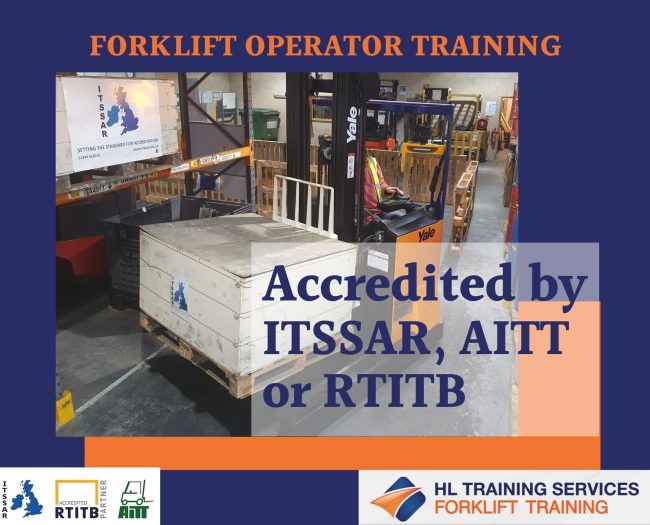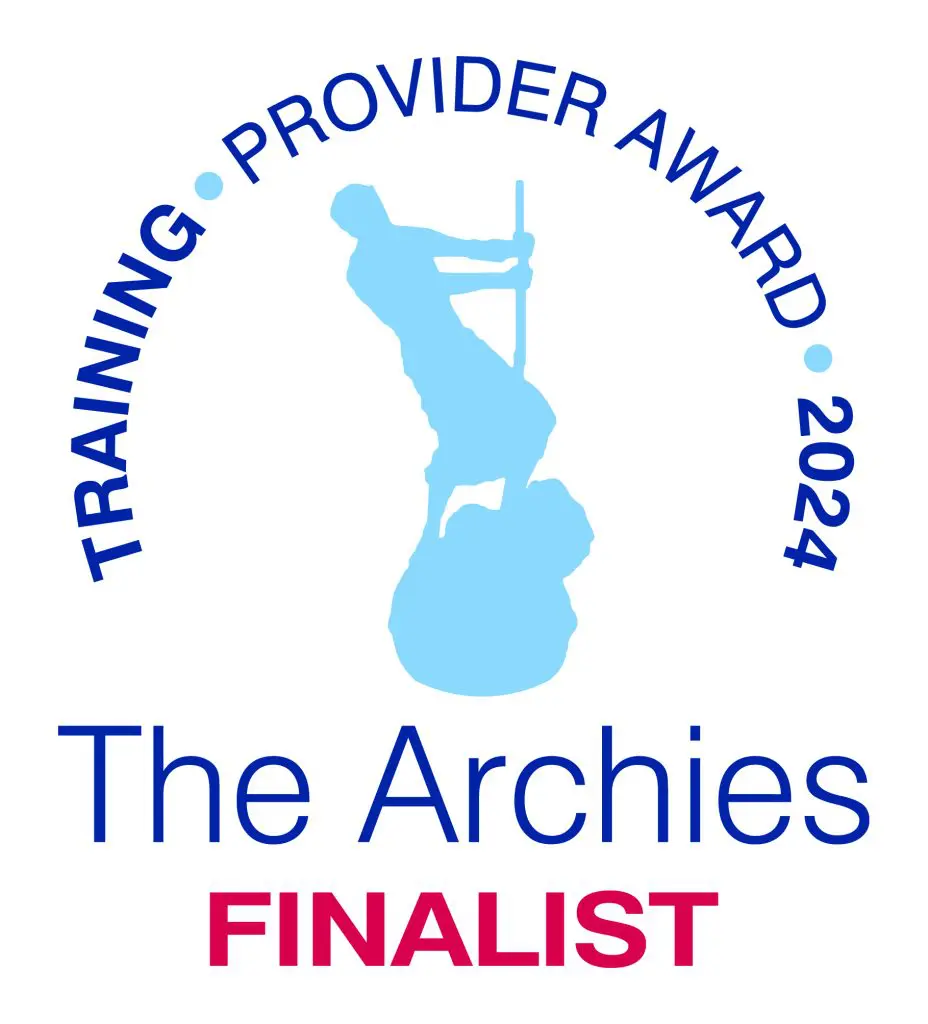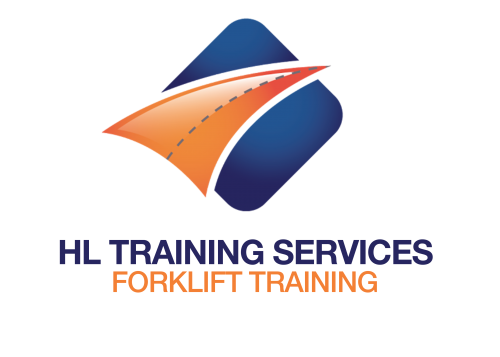Blog Post
Fork Load Centres: What Are They & How to Work Them Out
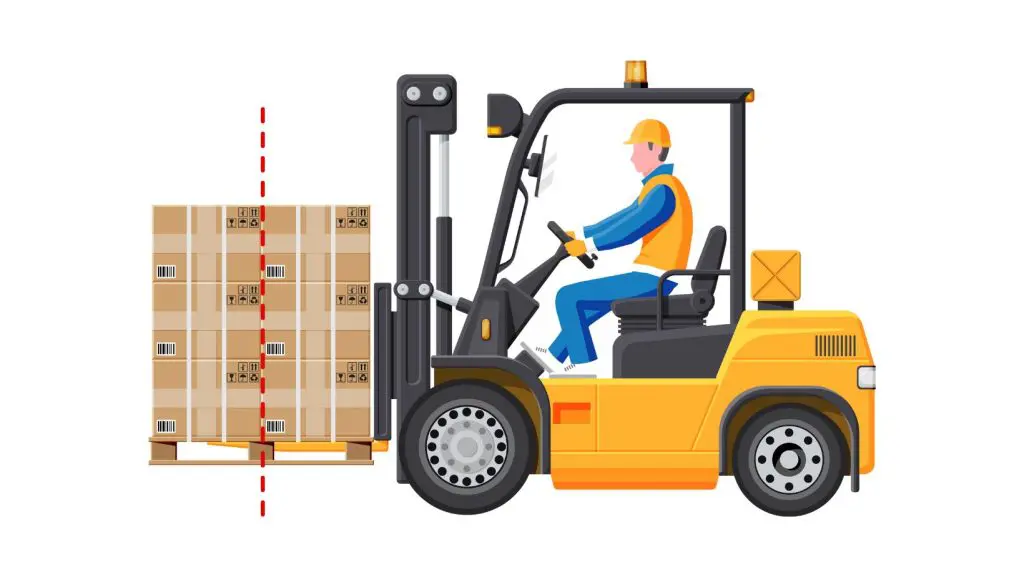
Forklifts are invaluable tools for many industries, allowing the efficient movement and safe handling of heavy goods. However, effectively operating a forklift comes from thoroughly understanding its components and dynamics. The load centre is a critical element significantly impacting forklift performance and stability. If you are wondering what a forklift load centre is, you are in the right place. Our comprehensive blog will delve into defining a load centre and how you can calculate your forklift load centre to ensure safe and efficient operation.
- How Do Forklifts Work?
- What is a Forklift Load Centre?
- How to Work Out a Forklift Load Centre
- What Factors Influence the Load Centre?
- Load Centre Tips & Tricks
- Fork Load Centre FAQs
How Do Forklifts Work?
Before determining the load centre of a forklift, we need to understand how a forklift works. The composition of a forklift means it acts similarly to a seesaw. If one side has more weight than the other, your truck is at risk of tipping over. The forklift, therefore, needs to be loaded correctly to ensure a safe operation.
What is a Forklift Load Centre?
A forklift load centre is the distance between the forks’ vertical face and the load’s centre of gravity.
Essentially, the load centre is the middle of a forklift load. The centre of gravity is the point where an item’s weight is concentrated, which exists individually in the forklift and a load. In an unloaded forklift, the centre of gravity falls towards the rear of the machine.
The arrangement of the items in a load determines the centre of gravity. Once the forklift is loaded, the centre of gravity combines with the load and moves toward the front of the machine to prevent tipping. Therefore, it is essential to determine the load centre of your forklift to keep the centre of gravity in the middle.
How to Work Out a Forklift Load Centre
The majority of standard forklift trucks handle 1 metre long pallets. Assuming the load is evenly distributed when placed on the forklift, it will have a 61 centimetre load centre. All forklifts contain a rating plate detailing maximum weight capacity at a certain height and the load centre distance to ensure safe operation.
However, it is essential to remember that the load centre is not always 61 centimetres. The load centre will change depending on the length of the load they are handling. Forklifts designed to lift long loads may have a 91 centimetre load centre but could be as high as 121 centimetres.
Calculating Load Capacity
Knowing your forklift load centre is essential for determining its lifting capacity. Forklift lift capacity measures how much weight a forklift can safely carry. A safe load capacity must be calculated to ensure a secure operation, especially if the load is oversized.
If we assume that a forklift has a 61 centimetre standard load centre with a rated capacity of 1.81 kilograms, but we need to handle a load with a load centre of 81 centimetres, a safe load capacity for your forklift would be less than 1.81 kilograms.
To calculate the safe load capacity, take the standard load capacity and divide it by the actual load centre of your load. Multiply this figure by the rated capacity to retrieve your answer, for example:
(61 cm / 81cm) * 1.81kg = 1.37kg
Your forklift, therefore, has a safe load capacity of 1.37 kilograms for a load centre of 81 centimetres.
What Factors Influence the Load Centre?
Attachments
Installing any after market forklift attachments, such as fork rotators and side shift, will increase the load centre as they change the distance from the original fork face and the fulcrum point. The distance the attachment extends the load centre forward is the effective thickness. This, in turn, causes the load moment to increase, consequently decreasing the lifting capacity. Forklifts with attachments added should install a new data plate outlining the new load centre distance.
Load Distribution
The load centre is only applicable to loads that are evenly distributed. The centre of gravity for an unevenly distributed load will either move forward or side-to-side, causing the lifting capacity to decrease. In cases where the load centre is uneven, forklift operators should keep the load as close to the ground as possible during transportation.
Load Centre Tips & Tricks
Our top 4 tips and tricks to maintain your forklift load centre:
- Distribute your load evenly if possible
Uneven loads will increase the load centre. If the centre of gravity does not sit in the middle of the forklift once loaded, it is at risk of tipping over. Arrange your load evenly in vertical and horizontal directions to maintain the centre of gravity.
- Load items as close to the fork face as possible
Ensure the load is placed on the forks and as close to the load backrest as possible. The load centre increases with the distance the load is placed away from the backrest. This reduces lifting capacity, so it is best practice to ensure it is against the backrest.
- Forward tilting reduces truck stability
If your forklift is loaded, tilting the load forward will increase the load centre. This is because you are moving the load away from the middle of the forklift, offsetting the centre of gravity. If you are handling a load that is already pushing the safe load capacity, tilting forward can cause the forklift to tip forward, resulting in injury.
- Drive carefully
Even if your load is evenly distributed and within its safe loading capacity, the truck can become unstable if not driven carefully. Driving at a sensible speed, below the recommended speed limit, is essential. Accelerate and brake smoothly, slowing down for any corners while keeping the load as low to the ground as safely possible.
Fork Load Centre FAQs
How far should forks enter a pallet?
The forks should be placed under a load as far as possible. The forks should be at least two-thirds the length of the load for safe operation.
Can a forklift be unstable without a load?
Forklifts can become unstable even without carrying a load if not carefully driven. If a driver turns a corner too fast or travels over an uneven surface, they risk tipping over and injuring themselves or those around them.
What would happen if you exceeded the safe load capacity?
It is an offence to exceed the truck’s capacity, in line with the LOLER 1998 and Health and Safety at Work Act Section 7a, Acts and Omissions. By overloading your forklift, you are throwing the centre of gravity off, increasing the likelihood of tipping. This is extremely dangerous. Tip-overs are the leading cause of forklift injuries and casualties a year, so it is crucial to avoid exceeding the safe loading capacity of your forklift.
Progress Your Forklift Skillset with HL Training
Expand your forklift knowledge and learn the ins and outs of operation with our extensive range of expert training courses at HL training. At HL Training, we proudly deliver both off-site and in-house accredited training designed to suit your requirements. Whether you are a novice hoping to learn the ropes of forklift operation or an experienced forklift operator wanting to become an instructor, we have the perfect array of training courses. Contact our expert team today to learn more about our services.
Related Articles
HL Training Awarded RTITB Accreditation
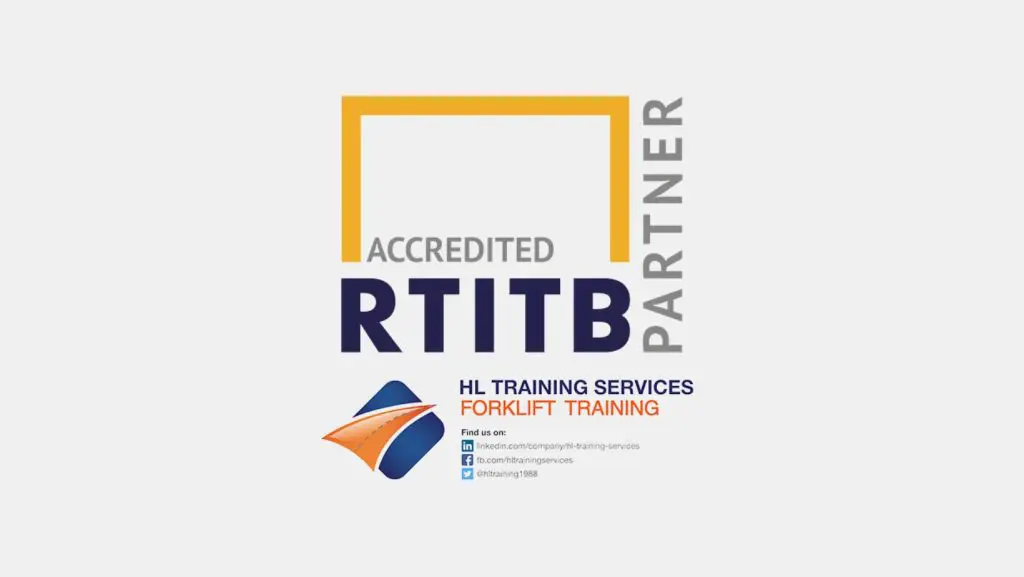
HL Training are proud to announce that we have passed our RTITB Accreditation audit with zero shortfalls! We are delighted to have achieved this accreditation, providing a testament to our high training standards. As an RTITB Accredited Partner, we can prove to our customers that we are a trusted supplier, qualified to deliver operator and instructor training of the highest quality.
- What is RTITB Accreditation
- The Role of an RTITB-Accredited Organisation
- Benefits of RTITB Accreditation
- Our RTITB Accreditation Achievements
- Our Other Accreditations
What is RTITB Accreditation?
RTITB Ltd (formerly the Road Transport Industry Training Board) monitors and evaluates training standards within the lift truck industry. An RTITB Accreditation is awarded to the training organisation that continuously meets high standards of training.
Each year, the accredited organisation must submit a renewal application that will be checked and verified by the RTITB accreditation team, who will determine whether a further year’s accreditation will be granted. The RTITB annual audit reinforces compliant, consistent, and practical training.
The Role of an RTITB-Accredited Organisation
Passing an RTITB accreditation audit with no shortfalls can not be achieved by doing the bare minimum. RTITB Ltd is responsible for ensuring that only the organisations that meet current best training practices while exceeding minimum legal requirements are awarded the accreditation.
As an RTITB-accredited organisation, our responsibilities at HL Training include:
- Delivering outstanding training that reduces costs and saves lives
- Conducting training in accordance with the RTITB accreditation.
- Ensuring that current, up-to-date copies of relevant course materials are always used in training
- Providing a suitable premise for RTITB Ltd training
- Providing appropriate training resources, including well-maintained equipment
Benefits of RTITB Accreditation
- RTITB accreditation has enabled us at HL training to grow our business by showcasing our ability to offer exceptional training with engaging materials to lift truck operators and instructors.
- As an accredited organisation, we have access to regular visits from the RTITB accreditation team, providing extra support to ensure we always deliver compliant and up-to-date training.
- As an RTITB-accredited partner, we can prove ourselves to be a trusted training provider dedicated to providing safe and secure training of the highest quality.
- RTITB accreditation is only awarded to ethical employers who offer good working conditions for their staff. Achieving this accreditation shows that we are a trustworthy employer that cares about our staff.
Our RTITB Accreditation Achievements
From our initial partnership with the then Road Transport Industry Training Board in 1988, we at HL Training are delighted to be an RTITB-accredited partner. With our RTITB accreditation, we have achieved so much. 7 of our trainers are currently delivering up to 100 RTITB operator courses annually. Access to professional and high-quality training materials has made this process much smoother, reducing operator and instructor training time and costs.
RTITB accreditation has enabled us to confidently offer operator training on various machine types, from forklifts to multiple Mobile Elevated Work Platforms (MEWPs). As providers of forklift instructor training, we can meet the needs of many customers, such as large organisations looking to enhance skills in-house or training providers expanding their knowledge and wishing to become an RTITB registered instructor.
Our Training Courses Are Utilised by RTITB Ltd Themselves
RTITB have given HL Training the ultimate seal of approval by uttilising our services to provide instructor courses to their customers. For example, in June 2023, we successfully provided RTITB Accredited Lorry Loader Instructor Training for one of their very own customers.
Our Other Accreditations
As well as RTITB Ltd, we also boast a range of industry-recognised accreditations.
ITSSAR
ITSSAR (Independent Training Standards Scheme And Register) is an accreditation scheme dedicated to improving the standards and safety of training for mechanical handling equipment. We have offered ITSSAR Operator Training since the 1990s, with Instructor training on offer for over 10 years.
AITT
AITT (Association Industrial Truck Trainers) is the UK’s fastest-growing accredited body that offers workplace transport training. The AITT Operator Registration (ACORNS) scheme was started in 2014 and undergoes a 17-point check to ensure instructor training complies with the relevant standards. HL Training re-joined AITT in 2019, and we now have multiple Cat 1 tutors available.
SafeContractor
SafeContractor is a leading third-party accreditation provider that ensures training courses meet rigorous health and safety management standards. Alcumus SafeContractor is dedicated to helping us protect our instructors and trainees by ensuring we go above and beyond to provide our customers with the best training possible. For the past 6 years, we have gone through vigorous checks and are now proudly SafeContractor accredited.
Register for Accredited Lift Truck Training
Are you ready to upskill your workforce with accredited instructor or operator training? Look no further than HL training. We proudly deliver on-site and in-house training accredited to the UK’s top accrediting bodies. Explore the basics of forklift training by registering for our novice course, or expand your existing knowledge with our fresher courses to ensure you are constantly working to the highest standards possible. Get in touch with us today for more information regarding accredited training.
Related Articles
How Long Does Forklift Certification Last?
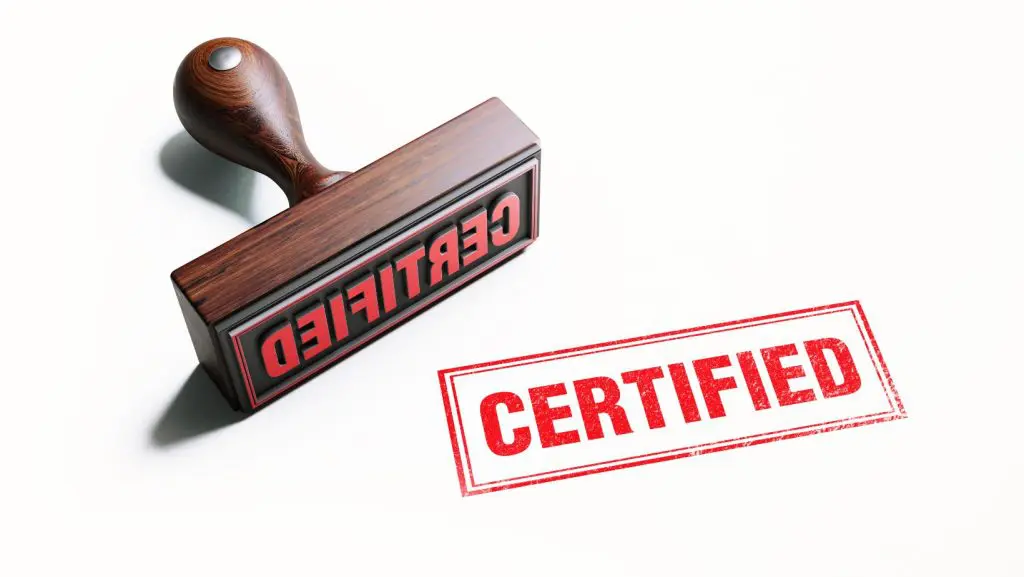
Navigating the requirements for operating a forklift can be confusing, especially when it comes to forklift licenses and certificate expirations. This guide will clarify common misconceptions to help you understand what runs out and when and how to renew it to stay on top of your forklift training requirements.
Is a forklift license required to operate a forklift?
Contrary to a common misconception, there is no specific forklift license. Upon completing an accredited forklift operator training course, you receive a certificate of basic training. This certificate, not a license, is the legal document validating your training. Some courses may include an accompanying ID card, often mistaken for a license.
Do forklift certificates expire?
A prevalent question in the forklift operation domain concerns the validity period of forklift certificates. Contrary to popular belief, forklift operator training certificates do not have an expiry date. These certificates remain valid for a lifetime, offering operators enduring proof of their training.
However, it’s crucial to note that if an RTITB instructor conducted your training and you possess an RTITB certificate, the NORS registration, not the certificate itself, does expire.
What is a NORS registration?
The National Operator Registration Scheme (NORS) is a pivotal aspect of forklift training, especially for those certified by RTITB. It is not the certificate but, rather, the NORS registration that comes with an expiration date. This registration serves as a record of your training. You can renew your NORS registration with an accredited forklift operator training refresher course. However, renewing NORS registration is not mandatory, and your employer can let you operate a forklift after it expires.
How often should I take a forklift operator refresher course?
The necessity of a forklift operator refresher course depends on various factors, primarily the accrediting body and the expiration of your NORS registration. Refresher courses for ITSSAR and AITT certificates are not mandatory, as these certifications are valid indefinitely. However, if your training falls under the RTITB, a refresher course is required to renew your NORS registration. The decision to undergo a refresher course ultimately lies with your employer, who determines your eligibility to continue operating a forklift after registration expiration.
Although not mandatory, refresher courses are highly recommended, and your employer will likely require you to refresh your training. HSE recommends refresher courses every 3 years. A refresher is recommended to ensure up-to-date knowledge and operational competency if you use forklifts infrequently or take an extended period away from operating one.
How can I verify the accreditation of my forklift training?
Confirming the accreditation of your forklift training is crucial for ensuring its legitimacy. Each accrediting body provides a unique ID number for certifications. ITSSAR has a TOPS number, AITT has an ACORNS number, and RTITB has a NORS number. To validate your training, you must contact the accrediting bodies directly with your unique ID number. This step ensures that your training aligns with the necessary standards set by the accrediting body.
The importance of forklift training
Understanding the intricacies of forklift operation and the associated certifications is essential for both operators and employers. While there may not be a designated forklift license, the significance of accredited training and certification cannot be overstated.
Enquire About Forklift Training
For accredited forklift operator training delivered by experts, speak to HL Training. Our dedicated team are on hand to help you safely and effectively operate a range of forklift machines.
Related Posts
The Ultimate Guide to Forklift Safety
